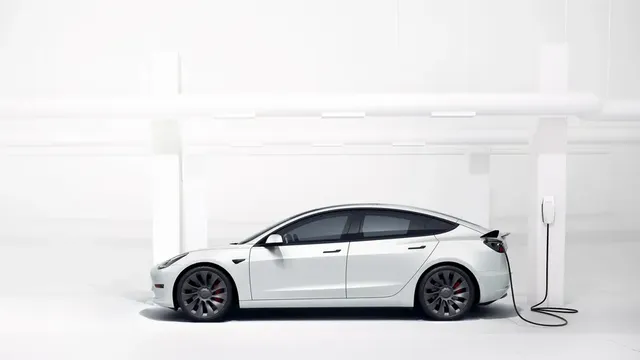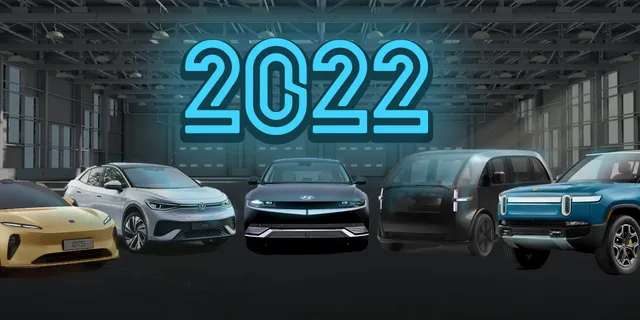In this new series, we debunk the most common electric car fallacies. To begin, we investigate whether electric vehicles have a lower carbon footprint than gasoline-powered vehicles.

While most stakeholders in the automobile industry are rushing to get electric and electrified cars to market as fast as possible, a significant portion of the public remains dubious about the EV revolution. This has resulted in a slew of myths and half-truths regarding battery-powered vehicles, which we're eager to dispel.
We're going to start debunking those beliefs, and we're going to start with the most common. Many people believe that electric vehicles are worse for the environment than typical gasoline-powered vehicles. Today, we're digging in, crunching the numbers, and assessing how much of that assertion is true.
On the surface, it appears absurd that a battery-powered car, which produces no emissions, could have a greater detrimental impact on the environment than one that emits carbon dioxide and other pollutants on a continuous basis. But, of course, the truth goes far deeper than that.

Even if an electric vehicle is running clean while it transports you to work, the electricity that fuels it needs to come from someplace. Critics claim that this is the source of the problem. Many parts of the world still derive the majority of their electricity from coal or natural gas, which emits a considerable amount of CO2.
On the surface, it looks illogical that a battery-powered car, which releases no pollutants, would have a bigger negative impact on the environment than one that generates carbon dioxide and other pollutants on a regular basis. But, of course, the truth is much more complicated.
Even if an electric vehicle runs clean while transporting you to work, the electricity needed to power it must originate from somewhere. This, according to critics, is the root of the problem. Many countries of the world still rely on coal or natural gas for the majority of their electricity, which produces a significant amount of CO2. Detractors argue that EVs are no better than a car with an internal combustion engine.
But keep in mind that this is the worst-case scenario. Instead, if you drive your EV up to Alaska, where renewable energy is used at the greatest rate in the continental US, the Model 3 emits only 130 grams of CO2 per mile. The break-even point is now 26,699 miles, or approximately two years of ordinary driving.

That's all there is to it. Even when using coal-fired electricity and taking into account the manufacturing of the battery pack, EVs have a lower environmental effect than typical gasoline-powered vehicles.
This post was upvoted by @hustleaccepted
Use our tag #hustleaccepted and mention us at @hustleaccepted to get an instant upvote.
Also, you can post at our small community and we'll support you at Hustle Accepted
Visit Our Website at
Hustle Accepted
Downvoting a post can decrease pending rewards and make it less visible. Common reasons:
Submit